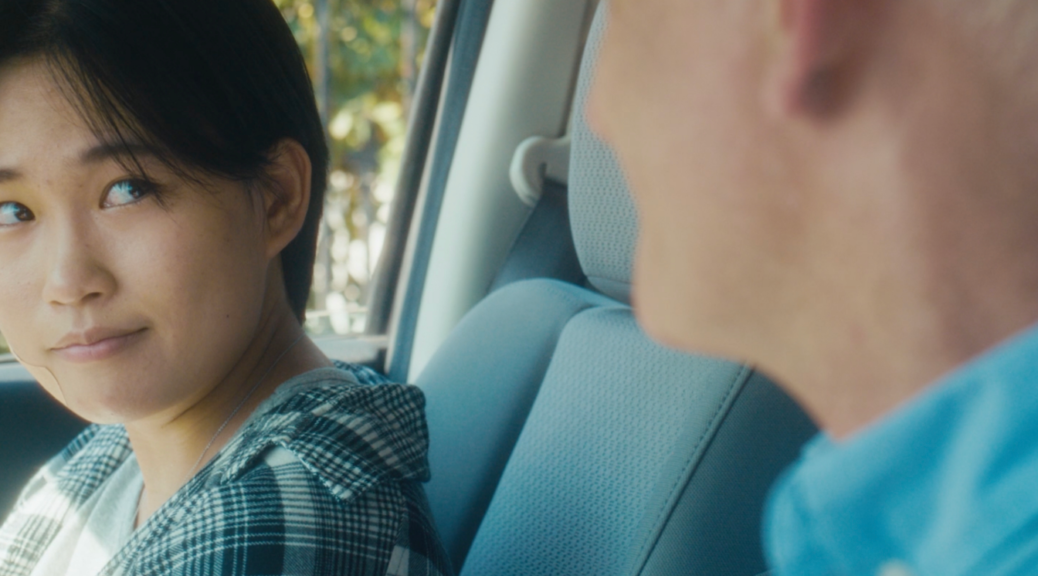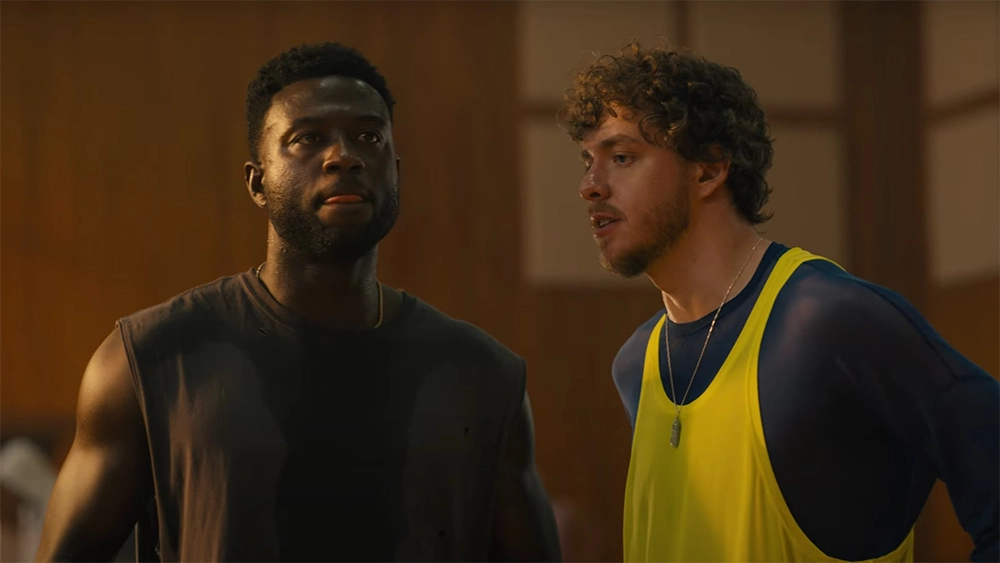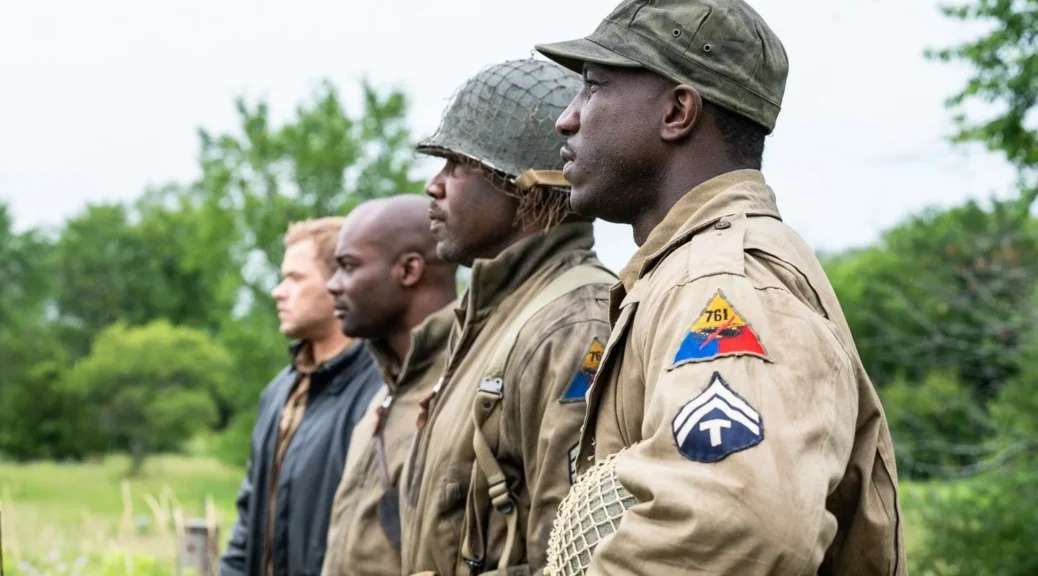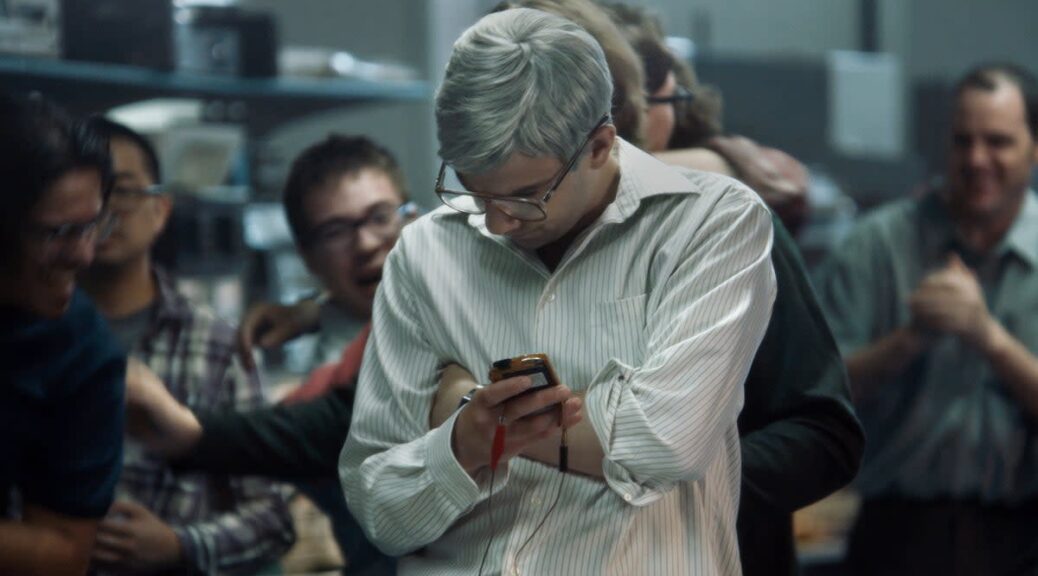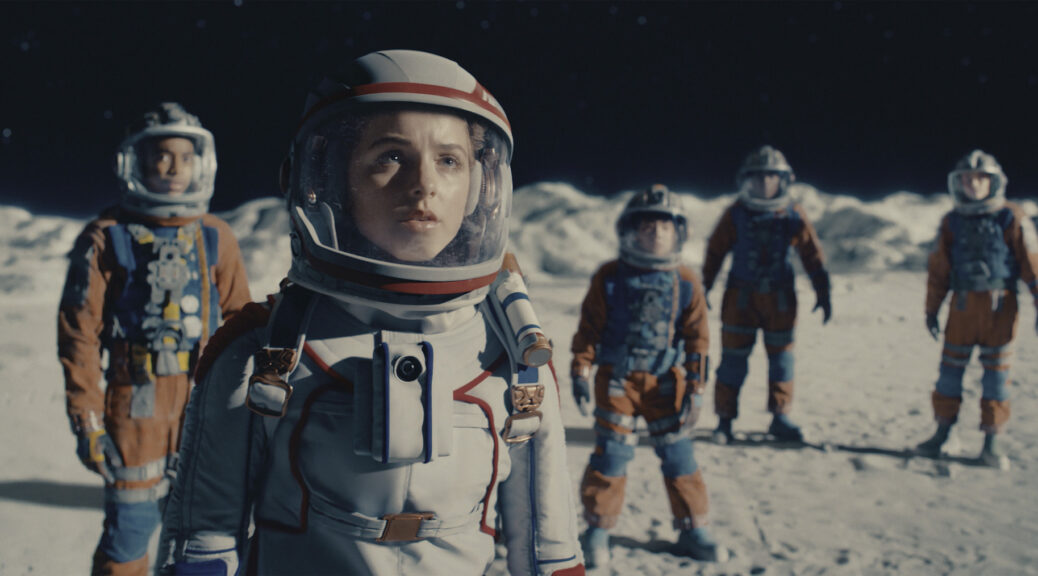B-Side: For Taylor
by Hope Madden
A plucky YA drama that embraces the messiness of grief, identity and general adolescence, B-Side: For Taylor sidesteps cliché in favor of nuance.
Jeannine Vargas is the titular Taylor, and she’s not having a great year. Her grades have slid to near failing since her adoptive mother died last year, and her adoptive father (Dave Huber) is so wrapped up in his own grief that he doesn’t know what to do about it. On top of that, every time Taylor stands up to the neighborhood bully (Dexter Farren Haag), her dad blames her, and she ends up in even more trouble.
Enter Da-Young (Jacky Jung), a new neighbor whose family has just emigrated from Korea. Da-Young needs help with her English. Taylor needs help finding her Korean birth parents.
The strength in writer/director Christina Yr. Lim’s film is the way it forgives its wounded and often unpleasant characters. There are no one-dimensional characters, even those whose stories remain unresolved and on the periphery. The result is a more authentic tale.
Vargas is especially strong, but Lim surrounds her lead with able support. Esther Moon, playing Da-Young’s demanding mother, delivers a performance that breathes humanity into what could easily have been a trope.
Jung’s upbeat teen brightens a film that deals with some pretty heavy material, and her comic sensibility is welcome. Huber struggles somewhat in the depressed father role, but he gives the character a vulnerability that adds depth to the film’s more emotional moments.
Lim doesn’t pretend that families are easy, or that fixes come quickly if at all. The families in this film struggle, each member trying to find their fit. The lonesome heartache of questioning your worth to those who should love you haunts the entire film. But B-Side: For Taylor is about resilience, forgiveness and acceptance.
